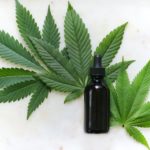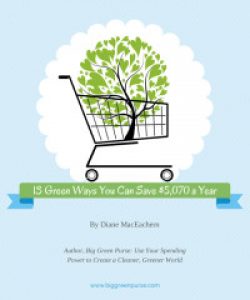 Want to buy organic food but hate to pay the high price? Try these Top 10 Organic Food Price Busters to afford organic food that’s better for the environment, supports local farmers and farm workers, and is often better for you!
Want to buy organic food but hate to pay the high price? Try these Top 10 Organic Food Price Busters to afford organic food that’s better for the environment, supports local farmers and farm workers, and is often better for you!
- 1. Comparison shop. Check prices among grocery stores to find the lowest costs. You can also compare prices on line. See www.eatwellguide.org and www.theorganicpages.com.
- 2. Shop the store brand. Many major grocery store chains now carry their own organic brands, which are significantly cheaper than “designer” foods. Buy with confidence: any food labeled “organic” has gone through the same government certified process regardless of its name.
- 3. Buy in season. Foods that are grown locally at the right time of year will almost always be cheaper than imports shipped in from half way around the world.
- 4. Off season, buy frozen or boxed. Frozen and boxed organic foods will be cheaper than those transported fresh to your neighborhood from a different climate.
- 5. Buy local, or pick your own. Browse farmers markets and roadside stands for locally grown organic produce. Pick your own at nearby farms and orchards.
- 6. Support CSAs . Buy a share in community-supported agriculture, choosing a local organic farm that supplies you with a weekly shopping bag or two of fruits and vegetables. Check with Local Harvest for the farmers market or CSA nearest you.
- 7. Buy in bulk. Many food coops and natural food stores sell organic grains, cereal, nuts, and dried fruit in bulk. Their self-serve, low-packaging approach can be a real budget stretcher.
- 8. Shop sales and use coupons. Pick up sales flyers when you walk into the grocery store and look for organic bargains. Find coupons in advance at All Organic Links. Brands like Muir Glen and Cascadian Farms sometimes print coupons inside their containers.
- 9. Grow your own. Talk about cheap! All it will cost you is the price of the seeds, water, compost (unless you make your own), and some work with the shovel and hoe.
- 10. Shop selectively. Some fruits and vegetables are more likely than others to retain pesticides after they are harvested. If you want to economize and still shop organically, experts recommend you focus your shopping dollars on produce likely to harbor the highest contaminants: apples, bell peppers, celery (GET ENTIRE LIST HERE)









